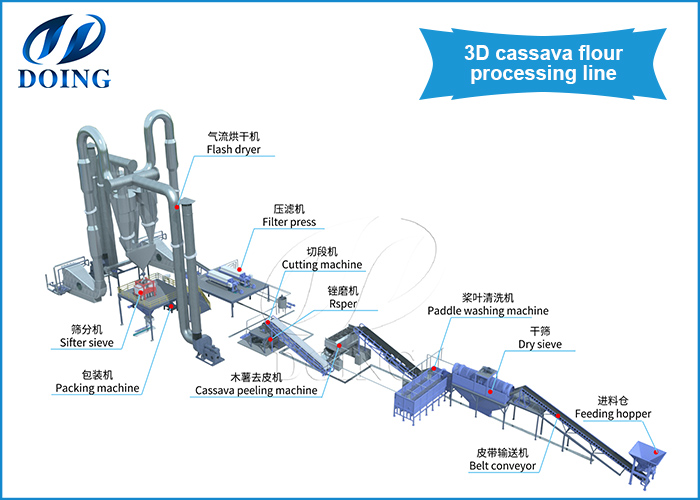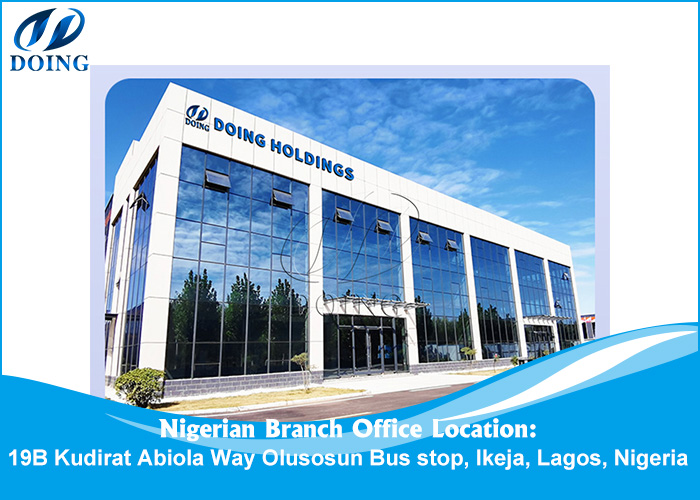Blog
 2024-10-11
2024-10-11Nigeria, with its rich agricultural potential, faces significant challenges in food insecurity and malnutrition. Vice President Kashim Shettima’s recent unveiling of the “Nutrition 774 Initiative” in the flood context underscores the government's commitment to tackling these pressing issues. This initiative not only seeks to improve nutritional outcomes but also presents vast business opportunities for entrepreneurs and investors willing to engage in the food sector.
Understanding the Landscape of Food Insecurity
Food insecurity in Nigeria is a multifaceted problem driven by factors such as poverty, inadequate infrastructure, and limited access to nutritious food. Despite being one of Africa's largest producers of cassava, a staple crop, many Nigerians still struggle to access quality food that meets their nutritional needs. The Nutrition 774 Initiative aims to address these challenges at the grassroots level, encouraging local solutions and community involvement.
 Nigeria Flood
Nigeria Flood
The Role of Cassava Products in Addressing Malnutrition
Cassava is a critical staple in Nigeria, providing a significant source of carbohydrates. Two popular forms of cassava processing—cassava flour and garri—offer unique market potentials. While both products stem from the same base material, their processing methods and end uses vary significantly:
Cassava Flour: A versatile ingredient used in baking and cooking, cassava flour caters to health-conscious consumers and those seeking gluten-free alternatives.
 Cassava flour production
Cassava flour production
Garri: A traditional staple enjoyed with various dishes, garri has established itself as an essential part of the Nigerian diet.
Investing in the production and distribution of these cassava-based products can help bridge the gap in food availability and nutritional quality.
Business Opportunities in the Nutrition 774 Initiative
Local Processing Facilities: Establishing small-scale processing units for cassava can empower local farmers and communities, creating jobs and ensuring a steady supply of cassava flour and garri. These facilities can utilize modern techniques to increase efficiency and output. As a major manufacturer of cassava processing machines, Henan Jinrui boasts a large network of marketing channels, a branch office and a factory in Lagos, Nigeria, offering powerful and comprehensive support to cassava derivatives production.
 Henan Jinrui Nigerian branch office
Henan Jinrui Nigerian branch office
Distribution Networks: As the initiative encourages local actors to take charge, there’s a significant opportunity for establishing distribution channels that connect farmers with markets. Efficient logistics can ensure that quality products reach consumers while minimizing waste.
Investment in Technology: Innovative technologies for processing and preserving food can enhance productivity. Businesses focused on developing new processing methods or equipment can significantly impact the efficiency and quality of cassava products. Integrating self-developed and foreign technologies, Henan Jinrui now can provide both semi-automatic garri production line for small scale production and automatic garri processing line for business expansion.
The Nutrition 774 Initiative recently proposed in food insecurity triggered by Flood represents provides a framework to combat malnutrition and food insecurity while simultaneously creating business opportunities. By focusing on local production of staple foods like cassava flour and garri, entrepreneurs can contribute to a healthier nation and tap into a growing market. If you want to transform challenges into sustainable business opportunities through engaging in cassava processing, welcome to contact us!
Want to know more about our products or services? Fill out the contact form below, and we’ll to get back to you and you will get the price list. Please also feel free to contact us by email or phone.( * Denotes a required field).